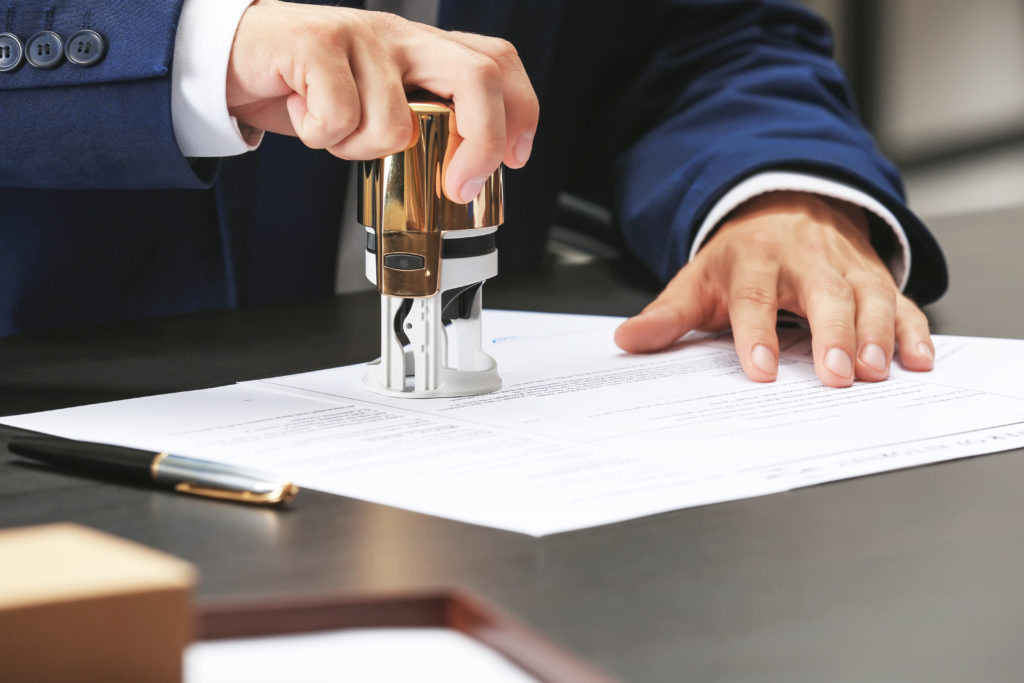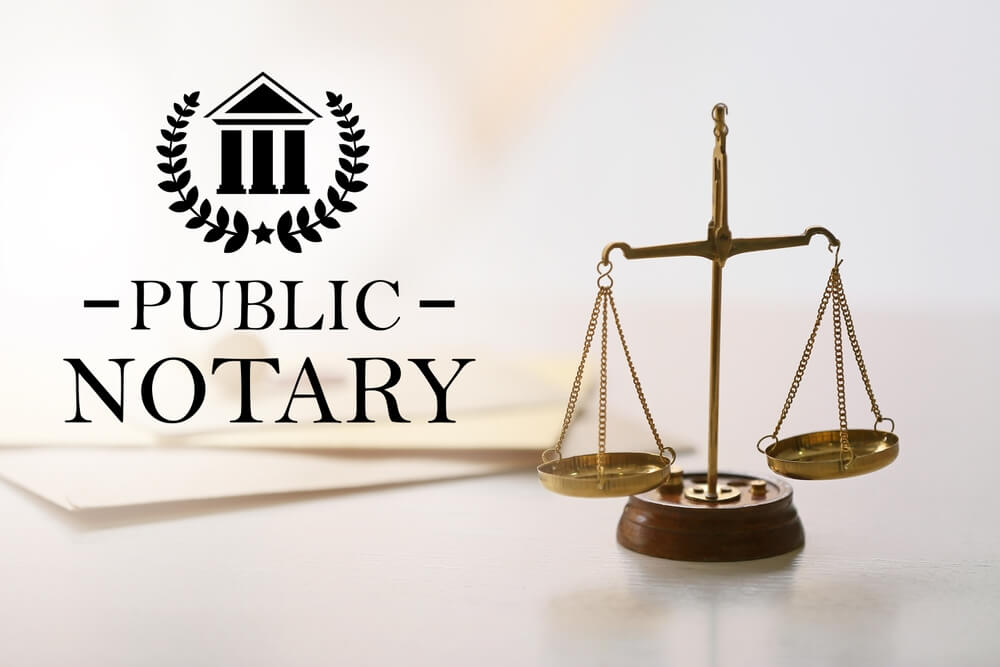Demystifying Notarial Work: Simplifying the Function and Relevance of Notaries
In the complex internet of legal documents and verification, notaries stand as columns of guarantee and credibility. Their duty, frequently shrouded in secret for numerous, brings substantial weight in making certain the legitimacy and stability of important papers. As guardians of legitimacy and truth, notaries play a crucial part in our society, yet their job is not constantly fully recognized. By unraveling the complexities surrounding notarial practices and losing light on the relevance of their acts, a more clear understanding emerges of the vital duty notaries play in upholding the fabric of legal and contractual agreements.
The History of Notarial Work
The background of notarial work dates back to ancient civilizations, where scribes played an important function in tape-recording crucial information and validating records. This led to the growth of notaries, people appointed by the state to act as unbiased witnesses in legal issues.
During the Middle Ages, notaries obtained prominence in Europe, with their features increasing to consist of drafting legal records, licensing trademarks, and preserving documents. The rise of international trade better highlighted the significance of notarial job in validating contracts and contracts across borders.
In the modern-day age, notaries remain to play a vital duty in lawful and business transactions by confirming identifications, verifying the credibility of papers, and preventing scams. Their role in accrediting the legitimacy of contracts adds a layer of security and count on to the ever-evolving landscape of business and regulation.

Responsibilities and Duties of Notaries
The historic evolution of notarial work from old civilizations to the contemporary period has actually shaped the distinctive responsibilities and obligations that notaries promote in lawful and organization deals today. Notaries play a vital duty in validating the credibility of records and the identity of notaries. Among their primary responsibilities is to witness the finalizing of essential records, such as agreements, deeds, and wills, to make sure that all events are participating in contracts intentionally and voluntarily. Notaries additionally validate that signatures are of sound mind and not under discomfort or threat.
Moreover, notaries are charged with administering oaths and affirmations, which are critical in legal procedures and the execution of sworn statements. They certify copies of initial files, offering assurance to establishments that the duplicates hold true replicas of the originals. Notaries should keep accurate records of all transactions they manage to make certain transparency and liability. On the whole, the tasks and responsibilities of notaries are crucial in guarding the honesty and legitimacy of numerous files and transactions.
Notarial Certificates and Signatures
Exemplifying thorough focus to detail, notarial certificates and signatures function as crucial parts in confirming the authenticity of lawful documents. Notarial certifications generally contain critical information such as the day of registration, the names of the signatures, a description of the file, and the notary's official seal. These certificates supply a clear record of the notarial act, guaranteeing that the paper can be quickly recognized and traced back to the notary who managed the procedure.
Trademarks play a pivotal duty in notarial work, as they symbolize the contract and consent of the events involved. Notaries thoroughly witness the signing of papers to confirm the identification of the signatures and confirm that they are signing of their very own free choice. By affixing their main seal and signature to the record, notaries certify that the essential treatments have actually been complied with and that the record is valid and enforceable.
Basically, notarial certificates and trademarks are the hallmark of credibility in lawful transactions, offering guarantee to all parties involved that the documents are legitimate and binding.
Value of Notarial Acts

Notarization Process Explained
Describing the notarization procedure gives clarity on the vital steps associated with validating lawful files. The registration procedure commonly starts with the individual offering the record to a notary public. The notary after that validates the endorser's identity with appropriate identification techniques. When the identification is confirmed, the notary makes certain that the specific signing the record does so voluntarily and with no coercion.
Final Thought

Notarial certifications normally include crucial info such as the day of notarization, the names of the notaries, a summary of the document, and the notary's official seal. These certificates provide a clear document of the notarial act, guaranteeing that the record can be conveniently determined and traced back to the notary who looked after the procedure.
By affixing try here their main seal and trademark to the file, notaries certify that the necessary treatments have been followed and that the paper is enforceable and valid.
By validating the identity of the notaries, verifying their determination to get in right into the arrangement, and accrediting the date and place of the signing, notaries play an important function in promoting the validity of lawful files.After the paper is authorized, the notary will certainly attach their main seal or stamp onto the file.